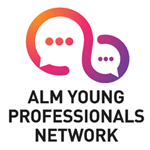How I Made Partner: Squire Patton Boggs' Marques Richeson
"It is critically important to be aware of one's internal brand—within the firm, and external brand—outside the firm."
September 12, 2019 at 02:26 PM
7 minute read
Marques P.D. Richeson, 35, Squire Patton Boggs
Location: Cleveland.
Practice area: Complex commercial litigation, mass tort and product liability litigation.
Law school: Harvard Law School, 2008.
How long have you been at the firm? Five years.
How long were you an associate at the firm? Four years.
Were you an associate at another firm before joining your present firm? Yes, I served as a federal judicial clerk in the Eastern District of Virginia for a year and then worked at two firms: Skadden, in D.C. from 2009 until 2012 and Hogan Lovells in Northern Virginia from 2012 until 2014.
What year did you make partner at your current firm? 2019
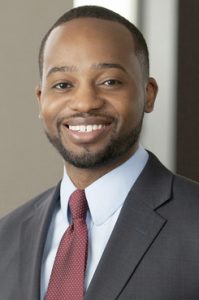 Marques P.D. Richeson
Marques P.D. RichesonWhat's the biggest surprise you experienced in becoming partner? To this day, I am still caught off guard when I hear or see the word "partner" after my name. And it is interesting how the title changes perception, which changes reality. Although the nature of my work is largely the same, having the title "partner" behind my name yields credibility and positively impacts my ability to develop business. Another pleasant surprise was the number of associates of color who immediately reached out to me after I made partner and told me that I was an inspiration. I have always been committed to the firm's diversity and inclusion efforts, and hearing heartfelt congratulatory remarks from my mentees made the experience of making partner a meaningful one. It reminded me that all of my labor had not been in vain and that I had been working for the greater good.
What do you think was the deciding point for the firm in making you partner? It's hard to say there was one, single "deciding point." Rather, it was the culmination of years of hard work sustained over a long period of time, the ability to form interpersonal relationships and the willingness to step up to the plate when opportunities presented themselves.
With that said, I should note that I am an early morning person and have lived by the mantra that the "early bird gets the worm." Some of my best thoughts come in the quiet, wee hours of the morning, and I use that time to get a jump-start on the day. I believe this trait has given me an advantage throughout my career.
I should also note that, as a senior associate, I was fortunate to have been staffed on multiple trial teams in federal multidistrict litigation. It was an incredible platform that allowed me to work directly with colleagues from various offices across the nation. I was performing on one of the biggest "stages" at the firm.
Describe how you feel now about your career now that you've made partner. I feel more invested than ever in my career and the firm. Some of my colleagues teased me about the fact that I wore Squire Patton Boggs paraphernalia for a couple of weeks after I made partner and have not stopped smiling since that day. But I am truly proud of the accomplishment and the firm. Making partner, however, is not a destination. It is a vehicle. In many ways, my career is just now beginning. As a partner, I have the platform I need to take my practice to the next level.
What's the key to successful business development in your opinion? The key to successful business development is creating a "brand" and developing long-lasting relationships. It is critically important to be aware of one's internal brand (within the firm) and external brand (outside the firm). What positive traits distinguish you from others? How can you be marketed to clients? When you are "up for partner," the firm needs to be able to make a business case for your promotion. Part of that assessment looks at whether you are the type of attorney who interacts well with people, is viewed as a leader in the community, has developed a good reputation internally and externally, and has the potential to develop business. Contrary to what some of us have been taught, business is not typically generated from a single networking reception or a one-off encounter, but from relationships that are built over an extended period of time. For this reason, it is not the quantity of one's contacts but the quality of one's contacts that makes all the difference.
What's been the biggest change, day to day, in your routine since becoming partner? There is a heightened emphasis on business development, management of client relationships, and mentorship of others. First, I dedicate more time than ever to business development and creating touch points with my contacts. Second, I spend more time managing existing client relationships to make sure we are delivering top-notch client service, maintaining their confidence and trust in our team's abilities, and exceeding expectations. Third, I devote more of my day to mentoring junior attorneys seeking advice and guidance about their career development.
Who had the greatest influence in your career that helped propel you to partner? As the African proverb says, it takes a village. I have found that a diversity of perspectives leads to better outcomes. Accordingly, I have always sought to diversify my portfolio of mentors, sponsors, and champions. Some of them are in my practice group—others are not. Some are within my firm—others are not. Some mentors I admire for their oral advocacy. Others for their writing skills. And others for their business development acumen. But if I had to name one influential person who had a great impact on my career, I would be remiss if I did not mention Fred Nance, the global managing partner of Squire Patton Boggs. He is not only a trailblazer within the African American legal community, having ascended from his humble Cleveland roots to the top ranks of an international law firm, but he also taught me the value of interpersonal skills. As Fred has shown me, emotional intelligence plays an important role in the practice of law, and the ability to navigate interpersonal relationships judiciously can take you to places far beyond your own imagination.
What's the best piece of advice you could give an associate who wants to make partner? Start off by working on your writing—the easiest way to separate the wheat from the chaff is writing. When partners or senior attorneys send over a redline, pay close attention to the changes they made. What did they do to improve the quality of the work product? Look closely, and make sure that you incorporate their successful techniques into your own writing, and continue to hone your craft. Nowadays, most cases are won on the briefs. A good writer is a winner.
Have you joined our group ALM Young Professionals Network on LinkedIn? We're having powerful conversations that tackle the challenges we all face early in our careers. Request to join here.
This content has been archived. It is available through our partners, LexisNexis® and Bloomberg Law.
To view this content, please continue to their sites.
Not a Lexis Subscriber?
Subscribe Now
Not a Bloomberg Law Subscriber?
Subscribe Now
NOT FOR REPRINT
© 2025 ALM Global, LLC, All Rights Reserved. Request academic re-use from www.copyright.com. All other uses, submit a request to [email protected]. For more information visit Asset & Logo Licensing.
You Might Like
View All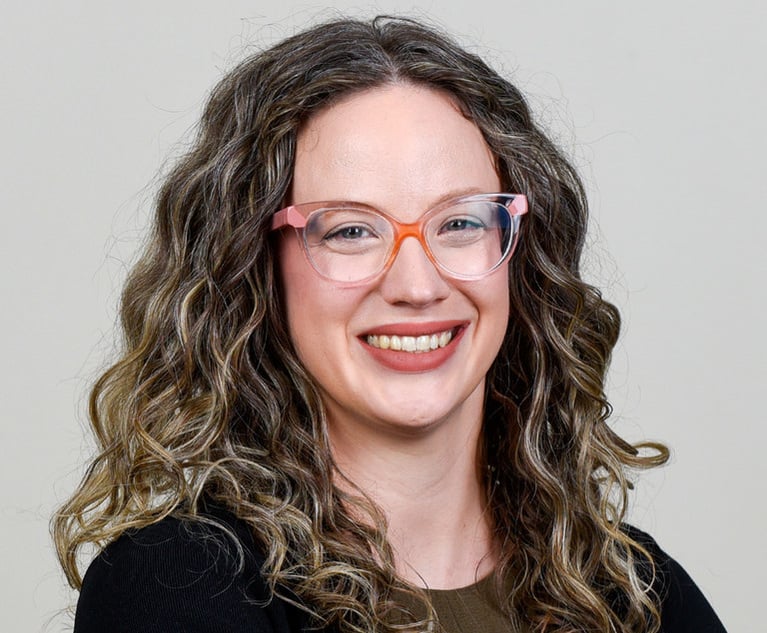
How I Made Partner: 'Take Every Opportunity to Get Involved in the Business Side of the Firm,' Says Alyssa Domzal of Ballard Spahr
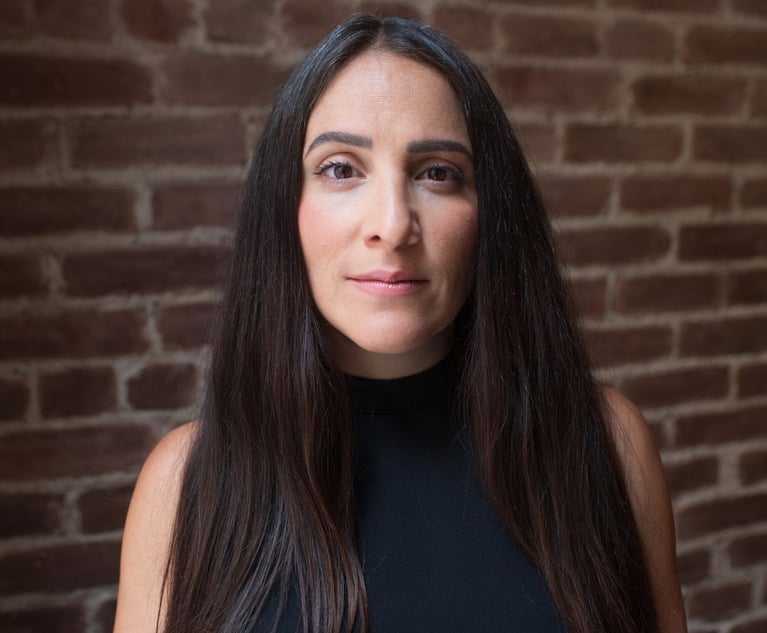
How I Made Practice Group Chair: 'Cultivating a Culture of Mutual Trust Is Essential,' Says Gina Piazza of Tarter Krinsky & Drogin
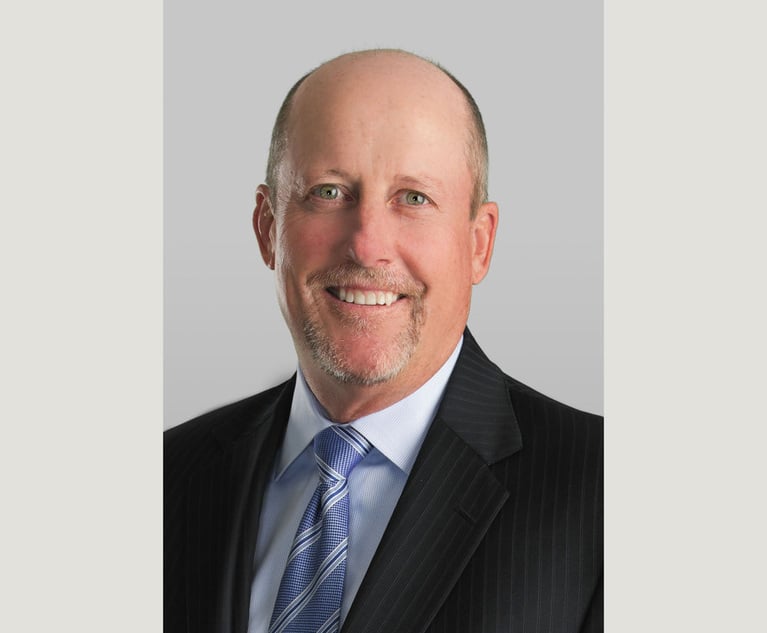
How I Made Managing Partner: 'Be the Uniting Voice of the Firm,' Says George Ogilvie of McDonald Carano
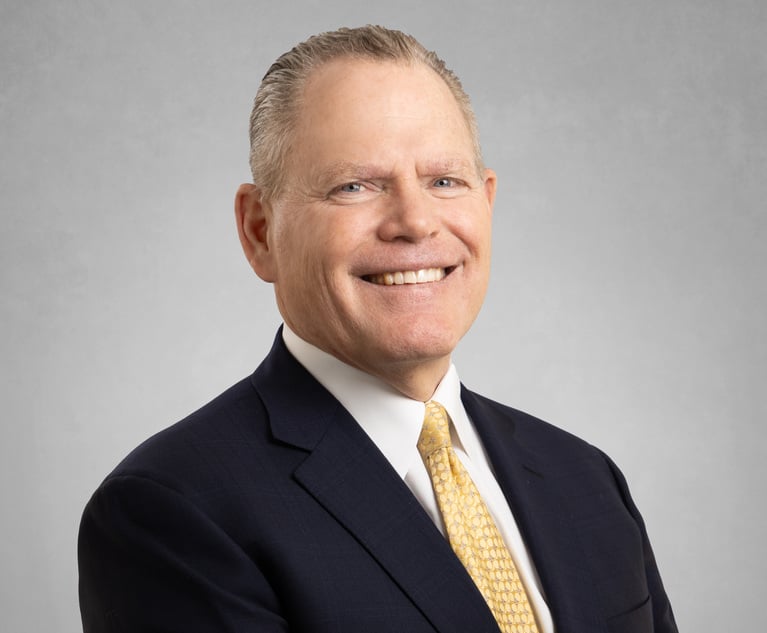
How I Made Managing Partner: 'Educate Yourself About Law Firm Economics,' Says Gregory Hessinger of Mitchell Silberberg
Trending Stories
- 1Rejuvenation of a Sharp Employer Non-Compete Tool: Delaware Supreme Court Reinvigorates the Employee Choice Doctrine
- 2Mastering Litigation in New York’s Commercial Division Part V, Leave It to the Experts: Expert Discovery in the New York Commercial Division
- 3GOP-Led SEC Tightens Control Over Enforcement Investigations, Lawyers Say
- 4Transgender Care Fight Targets More Adults as Georgia, Other States Weigh Laws
- 5Roundup Special Master's Report Recommends Lead Counsel Get $0 in Common Benefit Fees
Who Got The Work
J. Brugh Lower of Gibbons has entered an appearance for industrial equipment supplier Devco Corporation in a pending trademark infringement lawsuit. The suit, accusing the defendant of selling knock-off Graco products, was filed Dec. 18 in New Jersey District Court by Rivkin Radler on behalf of Graco Inc. and Graco Minnesota. The case, assigned to U.S. District Judge Zahid N. Quraishi, is 3:24-cv-11294, Graco Inc. et al v. Devco Corporation.
Who Got The Work
Rebecca Maller-Stein and Kent A. Yalowitz of Arnold & Porter Kaye Scholer have entered their appearances for Hanaco Venture Capital and its executives, Lior Prosor and David Frankel, in a pending securities lawsuit. The action, filed on Dec. 24 in New York Southern District Court by Zell, Aron & Co. on behalf of Goldeneye Advisors, accuses the defendants of negligently and fraudulently managing the plaintiff's $1 million investment. The case, assigned to U.S. District Judge Vernon S. Broderick, is 1:24-cv-09918, Goldeneye Advisors, LLC v. Hanaco Venture Capital, Ltd. et al.
Who Got The Work
Attorneys from A&O Shearman has stepped in as defense counsel for Toronto-Dominion Bank and other defendants in a pending securities class action. The suit, filed Dec. 11 in New York Southern District Court by Bleichmar Fonti & Auld, accuses the defendants of concealing the bank's 'pervasive' deficiencies in regards to its compliance with the Bank Secrecy Act and the quality of its anti-money laundering controls. The case, assigned to U.S. District Judge Arun Subramanian, is 1:24-cv-09445, Gonzalez v. The Toronto-Dominion Bank et al.
Who Got The Work
Crown Castle International, a Pennsylvania company providing shared communications infrastructure, has turned to Luke D. Wolf of Gordon Rees Scully Mansukhani to fend off a pending breach-of-contract lawsuit. The court action, filed Nov. 25 in Michigan Eastern District Court by Hooper Hathaway PC on behalf of The Town Residences LLC, accuses Crown Castle of failing to transfer approximately $30,000 in utility payments from T-Mobile in breach of a roof-top lease and assignment agreement. The case, assigned to U.S. District Judge Susan K. Declercq, is 2:24-cv-13131, The Town Residences LLC v. T-Mobile US, Inc. et al.
Who Got The Work
Wilfred P. Coronato and Daniel M. Schwartz of McCarter & English have stepped in as defense counsel to Electrolux Home Products Inc. in a pending product liability lawsuit. The court action, filed Nov. 26 in New York Eastern District Court by Poulos Lopiccolo PC and Nagel Rice LLP on behalf of David Stern, alleges that the defendant's refrigerators’ drawers and shelving repeatedly break and fall apart within months after purchase. The case, assigned to U.S. District Judge Joan M. Azrack, is 2:24-cv-08204, Stern v. Electrolux Home Products, Inc.
Featured Firms
Law Offices of Gary Martin Hays & Associates, P.C.
(470) 294-1674
Law Offices of Mark E. Salomone
(857) 444-6468
Smith & Hassler
(713) 739-1250




